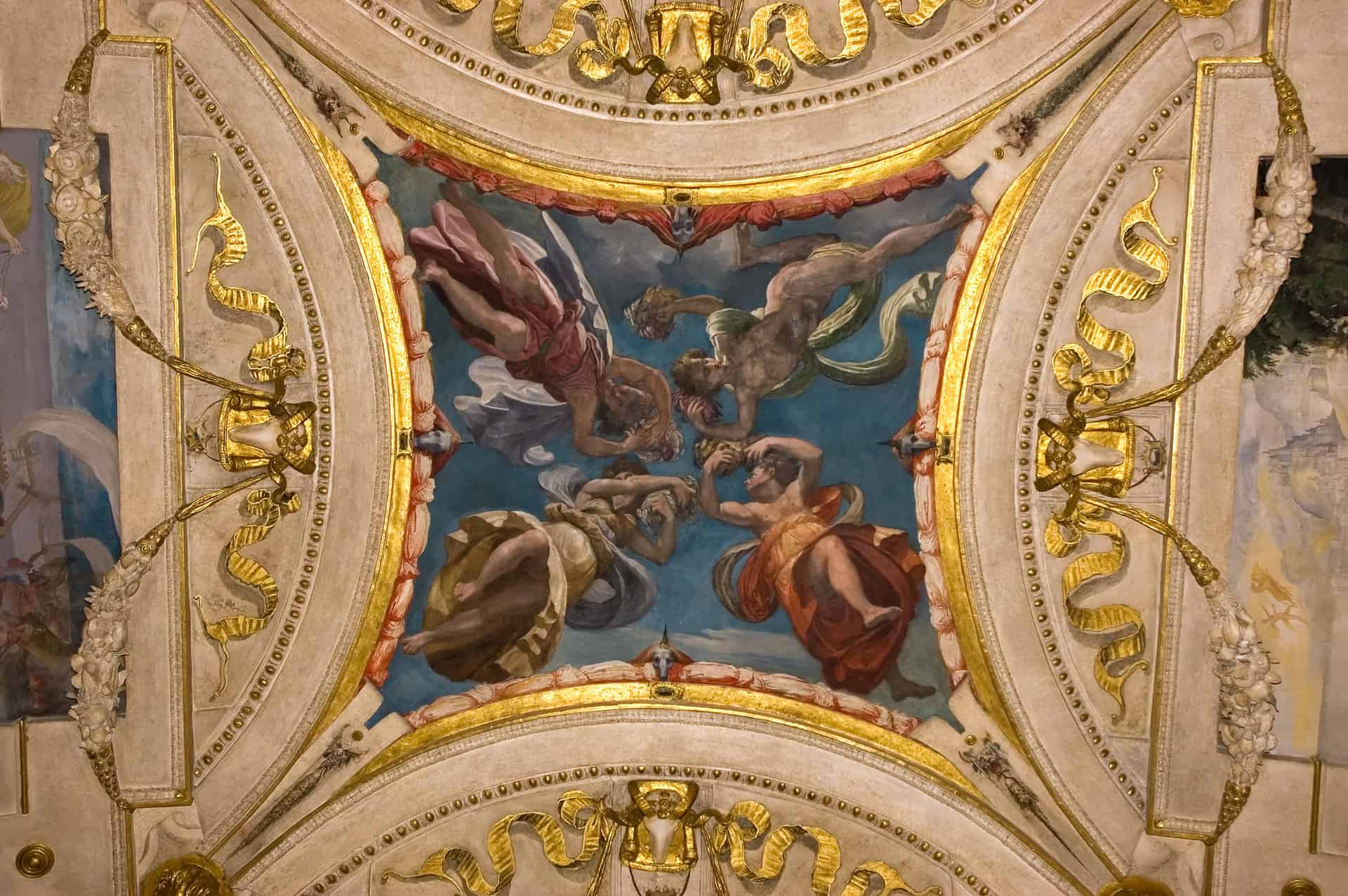
The Renaissance was a transformative period throughout Europe that spanned roughly from the 14th to the 17th century. This cultural and intellectual movement marked a shift from the medieval worldview to a renewed interest in classical knowledge, art, literature, and humanism. Emerging from the Italian city-states, the Renaissance unfolded as a multifaceted revival of ancient Greek and Roman ideals, fostering a profound reawakening of creativity and intellectual inquiry. During the European Renaissance, Niccolò Machiavelli emerged as a prominent figure, reflecting the period's intellectual and political dynamism. The Italian Renaissance was a period in the Middle Ages of European history that transformed life as we know it.
The origins of the Renaissance can be traced back to the prosperous city-states of Italy, particularly Florence, where a convergence of economic prosperity, political stability, and a burgeoning merchant class provided fertile ground for cultural flourishing. The Medici family, influential patrons of the arts, played a pivotal role in supporting and nurturing the talents of renowned Renaissance figures such as Leonardo da Vinci, Michelangelo, and Sandro Botticelli. These artists, along with thinkers like Francesco Petrarch and Pico della Mirandola, embraced a holistic approach to knowledge that celebrated the interplay of science, art, and philosophy.
One hallmark of the Renaissance was the revival of classical art and architecture. Artists sought inspiration from ancient Greek and Roman aesthetics, leading to the creation of masterpieces that embodied realism, perspective, and meticulous attention to detail. The emergence of innovative techniques, such as linear perspective and chiaroscuro, transformed the way artists portrayed the world, giving rise to iconic works like Leonardo's "Mona Lisa" and Michelangelo's "David." If you'd like to visit the Accademia gallery you can book that here.
Literature flourished during the Renaissance, with writers like Dante Alighieri, Petrarch, and Giovanni Boccaccio reimagining classical themes in their works. The invention of the printing press by Johannes Gutenberg in the mid-15th century facilitated the dissemination of knowledge, making books more accessible and contributing to the widespread dissemination of Renaissance ideas across Europe. This democratization of knowledge fueled the growth of humanism, an intellectual movement that celebrated the inherent dignity and worth of individuals.
The Northern Renaissance was not seen as the idealized human form. Instead, Italy moved into a high Renaissance, especially Rome in 1527 which allowed for a new wave of Renaissance spread through Europe. The High Renaissance focused on creating symmetrical, and idealized figures through fine art. Renaissance art began to spread throughout the rest of Europe by the end of the 16th century. There were many ancient texts and classical texts that were brought to light during the Renaissance period. If you'd enjoy seeing renaissance art then you can book a tour of the Louvre museum.
The Renaissance was not confined to the realms of art and literature; it also had a profound impact on science and philosophy. Visionaries like Copernicus and Galileo challenged traditional views of the cosmos, ushering in a scientific revolution that questioned long-held beliefs. Humanism, emphasizing the importance of human reason and potential, became a driving force behind the Renaissance spirit, encouraging individuals to explore new horizons of knowledge and innovation.
In conclusion, the Renaissance was a cultural rebirth that originated in the Italian city-states during the 14th century and radiated across Europe. It marked a departure from medieval traditions, embracing classical ideals and fostering a rich tapestry of artistic, literary, and scientific achievements. The Renaissance not only transformed the cultural landscape of Europe but also laid the foundation for the modern world by championing intellectual inquiry, individualism, and the pursuit of knowledge.










